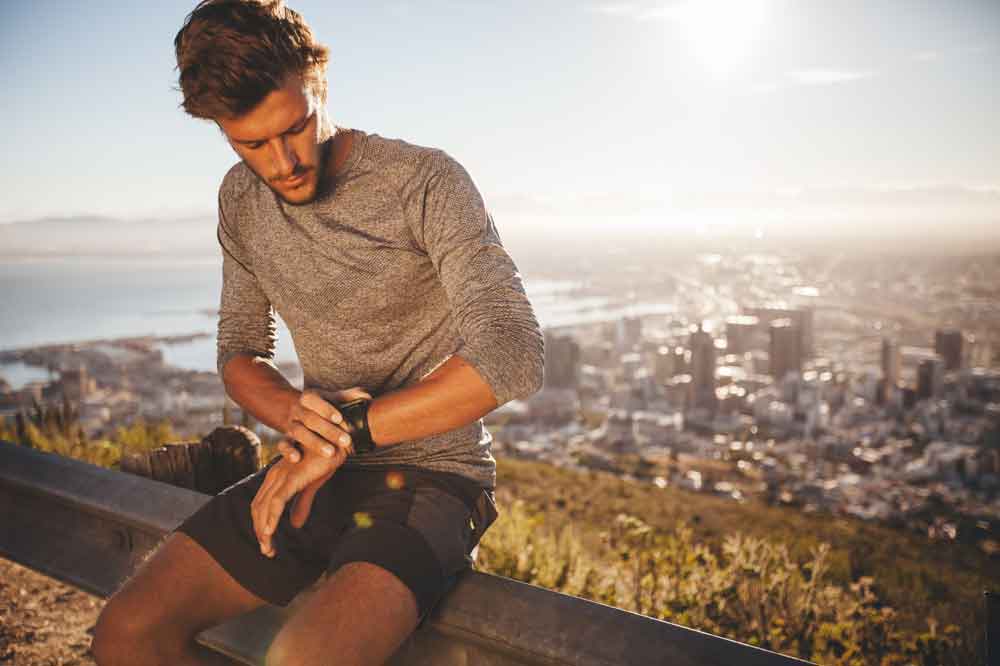Dear Coach: How Do I Deal with Time Zone Changes?

When traveling to a destination race, follow these tips to acclimate to the new timezone for best performance. (Photo: Getty Images)
When you’re traveling to a race in a different time zone, jet lag is a major factor. Ideally, for every hour of time change, you should arrive an equal number of days ahead of the race, but that is usually not practical. Follow these tips to reduce jet lag impacts and perform at your best.
Jet lag symptoms
Jet lag symptoms will vary based on the person and how different the time zone is. But some common issues athletes face include:
- Fatigue
- Headaches
- Loss of appetite
- Digestive problems
- Decreased concentration
- Decreased balance and coordination
- Decreased endurance capacity and stamina
Ways to minimize time zone changes
Athletes training or competing at an optimal level can take simple steps before, during, and after a flight to a new destination to help minimize any adverse effects of their travel.
1. Start adjusting to the time zone while on the plane
Once on the plane, set your watch or phone to your destination’s local time. Sleep as much as possible on the flight, and also make sure to eat and drink. Some people say to skip the meals, but mealtime on a plane is usually loud and bright. Eat if you are up; it is important to get in calories.
2. Live on local time once you land
As soon as you land, get on the local schedule. Eat meals at normal times and snack when needed. Most importantly, do not nap for the first three days. A study in Sports Health on jet lag in athletes has shown that long naps in a new time zone during the old time zone’s bedtime can delay adjustment.
3. Resume your exercise routine
Get into your exercise routine right away, and do not be afraid to do a hard workout the first or second day – though studies have found that it may not speed up adaptation to the new time zone, it’ll keep you up and in your routine. Finding natural ways to encourage the adaptation of your circadian rhythm (internal time clock) is very important.
I’ve found that walking barefoot or sitting on the earth, swimming in the ocean, and being in the sunlight can help. The Sports Health study also suggests that eating on the new schedule is more important than what you eat once you arrive.
4. Go screen-free at bedtime
When it’s time for bed, do not turn on the TV, computer, or your phone. The lights from devices can keep you up and slow your body’s acclimatization. There is evidence that bright light in the evenings can delay the body’s clock – a bad thing particularly for eastbound travel. For busy hotels, using a sound machine app on your phone can help the environment feel more like home.